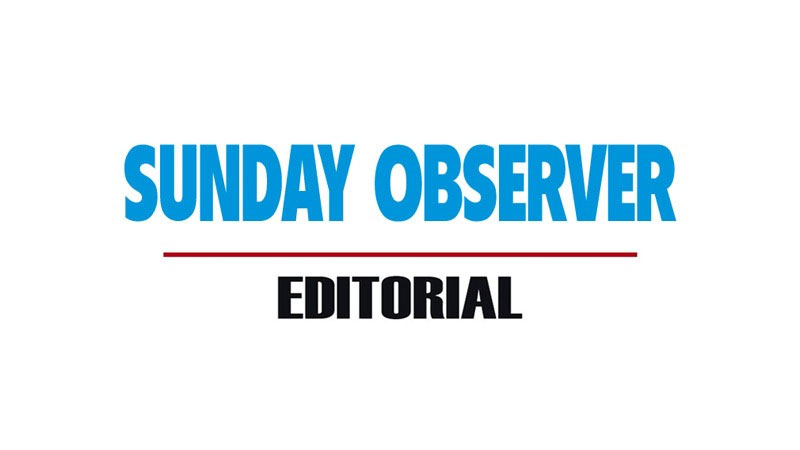In 2015, the United Nations (UN) agreed on 17 Sustainable Development Goals (SDGs), summarised in the Agenda 2030. According to these goals, the world should be free from hunger and poverty by 2030, and all people should have access to education, clean water, and reliable energy. Gender equality and limiting the global temperature rise to no more than 1.5 degrees Celsius were also on the list.
Alas, 2030 is only seven years away. Now, at the halfway mark, it has already become clear that most, if not all, of these goals will not be met. A recent UN Report found that about 30 percent of the goals have recorded no improvement or worse, gone into reverse gear. If the world stays on the current trajectory, the UN estimates that over 600 million people will still suffer from hunger in 2030.
The UN said that there were 745 million more people this month either moderately or severely hungry in the world today than in 2015. The world was back at hunger levels not seen since 2005, and food prices remained higher in more countries than in 2015–19. On current progress it would also take 286 years to close the proposed gender gaps in legal protection and lift discriminatory laws.
In light of these revelations, the UN last week held a SDG Summit in New York with the participation of world leaders who had gathered for the annual UN General Assembly (UNGA) sessions. Among them was President Ranil Wickremesinghe, who lamented the slow progress with regard to SDGs.
He also said the same fate had befallen the 2015 Paris Climate Accord targets.
Taking Sri Lanka as an example, President Wickremesinghe revealed that prior estimates in 2019 indicated that approximately nine percent of the country’s GDP would need to be invested to attain these ambitious targets. However, the economic fallout from the pandemic and the ensuing crisis have made this goal increasingly unrealistic. The President told the delegates that Sri Lanka’s climate prosperity plan alone requires a substantial investment of US$ 26.5 billion before 2030, a sum that is increasingly challenging to secure.
Despite this gloomy picture, the 193 UN Member States have recommitted themselves to the SDGs. The new declaration states: “We will act with urgency to realise the [Agenda 2030] vision as a plan of action for people, planet, prosperity, peace and partnership, leaving no one behind. Millions of people have fallen into poverty, hunger and malnutrition are becoming more prevalent, humanitarian needs are rising, and the impacts of Climate Change are more pronounced.
This has led to increased inequality exacerbated by weakened international solidarity and a shortfall of trust to jointly overcome these crises.”
UN Secretary-General Antonio Guterres called for a “rescue plan” for the SDGs. Poverty eradication, gender equality, education and hunger have all faced setbacks amid several crises, including the Covid-19 pandemic, Russia’s invasion of Ukraine, a food and energy crisis and climate shocks.
As the UN Secretary General rightly said, the SDGs are not just a list of goals – they carry the hopes, dreams, rights and expectations of people everywhere. “In our world of plenty, hunger is a shocking stain on humanity and an epic human rights violation. It is an indictment of every one of us that millions of people are starving in this day and age.”
On this issue, the Global South has collectively pointed the finger at developed nations, which continue to spend billions of dollars on defence instead of channeling at least a part of those funds for eradicating global poverty.
Combined global defence spending exceeded US$ 2.2 trillion last year. War is big business, judging by the deals now being made at the Defence and Security Equipment International (DSEI) exhibition in London, where one can buy anything from invisibility cloaks to drone-carrying robotic dogs. And many countries from the Global South have accused the West of devoting too much of their time and energy, apart from money, to Ukraine and neglecting important issues such as global poverty. In fact, many Western leaders who spoke at UNGA were careful not to dwell at length on Ukraine/Russia and China, recognising the fact that the Global South does not look at these issues from a Western perspective.
The solutions laid out in the new political declaration are broad, covering financing for developing countries including clear support for Guterres’s proposal for an SDG stimulus of at least US$ 500 billion annually, as well as a more effective debt-relief mechanism.
President Wickremesinghe echoed these sentiments in his SDG Summit speech. This may be a staggering amount, but as mentioned previously, the world spends four times as much on war and defence. The time has come for rich countries to walk the talk on SDGs and climate action. After all, if the Global South prospers, the developed countries will also be free of problems such as mass migration from poor or conflict-ridden countries. There is no time to lose if no one is to be left behind.






